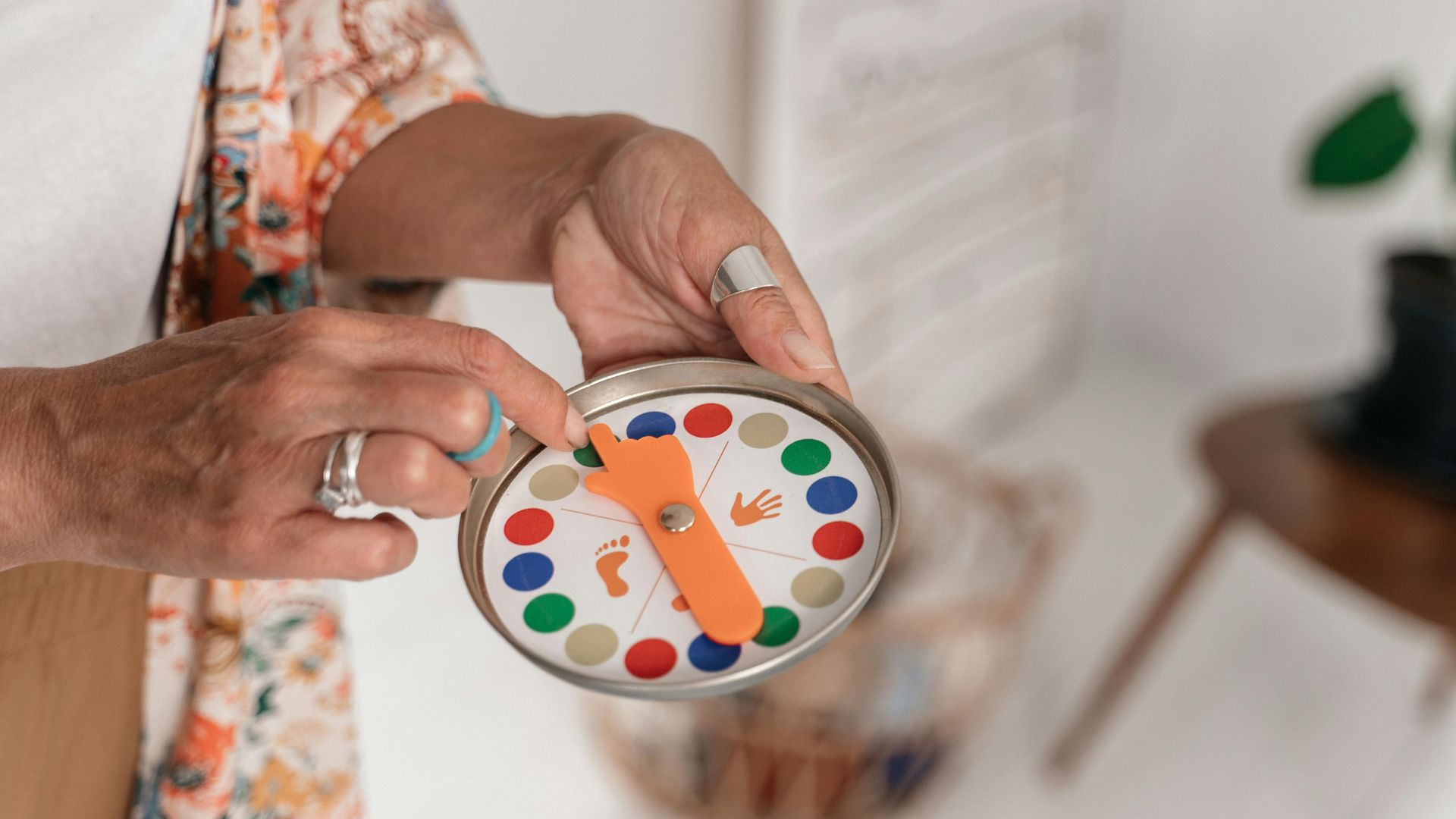Oppositional Defiant Disorder
by Tatiana Bicknell, LCSW | May 2025
Oppositional Defiant Disorder (ODD) is a treatable and sometimes challenging disorder to work with in children. Parenting is a challenge for many families and adding difficult behavior to the mix can feel overwhelming. There are ways to catch ODD symptoms and characteristics ahead of time in order to prevent evolving into other disorders in the future. This blog is meant to have more understanding of ODD and guiding parents on how to help their child.
What is Oppositional Defiant Disorder?
With ODD, children typically display patterns of ongoing defiance and argumentative behavior, to the point that it creates challenges at home, school or with peers. Children with ODD struggle with authority figures, such as parents, teachers, and other adults who hold authority over them. They will push boundaries to assess what they can get away with and lose their temper often. These behaviors are mostly seen at home or at school, however can show up anywhere. Common signs of oppositional defiant disorder include:
- Refusal to follow rules
- Frequent angry outbursts/temper tantrums
- Difficulty controlling emotions
- Excessive arguing with authority figures
- Blaming others for their actions
- Purposely provoking others
- Vindictive or spiteful behavior
Other Explanations
ODD behaviors can look similar to other disorders or can be happening because of them. ADHD, anxiety, autism, and past trauma can be other factors that come into play. In these conditions, children have struggles with regulating their emotions and understanding why they cannot do exactly what they want. This can look like a child being argumentative and having an anger outburst, however it’s more so a child trying to take back control in an overwhelming situation. If these behaviors are not addressed through therapy and parent-coaching, it can lead to ODD.
Helpful Ways to Manage ODD
It’s important to keep in mind that children with ODD are not “bad kids”, and telling them so will not be helpful or productive. There are ways to guide children towards better coping skills in order to decrease ODD behaviors. This does take commitment and consistency, and will have frustrating moments. However, the end result is worth it. Below are some ways to manage a child’s ODD:
- Positive reinforcement
- If you catch your child doing something good, give them praise! This can be through positive words, rewards and encouragement.
- Clear Boundaries
- Be clear about expectations, what will happen if the boundary is pushed, be consistent and follow through with what you say. Kids need structure and know what to expect if they break rules.
- Connections
- Children with ODD may feel misunderstood, and want to feel connected. Having one on one time can help your child feel connected to you and likely decrease pushing back in the future.
- Support through therapy
- Family therapy or parent coaching can be very helpful in gaining skills to navigate difficult behaviors. Therapy can help empower parents to feel confident in setting boundaries and what to do when their child is having an outburst. Therapy and coaching can also help the child learn emotion regulation skills and have a better understanding of what’s happening beneath the surface.
Conclusion
Oppositional Defiant Disorder can be challenging to handle for parents, and support from therapists and parent coaches can be highly beneficial. Not addressing early emotion dysregulation and outburst in other conditions can lead to ODD, and later on lead to conduct disorders in adulthood. Parenting a child with ODD can feel very overwhelming, especially if the child becomes physical. There are ways to prevent ODD and appropriately address it with the help of boundaries, positive reinforcement, therapy support and connecting with the child.












